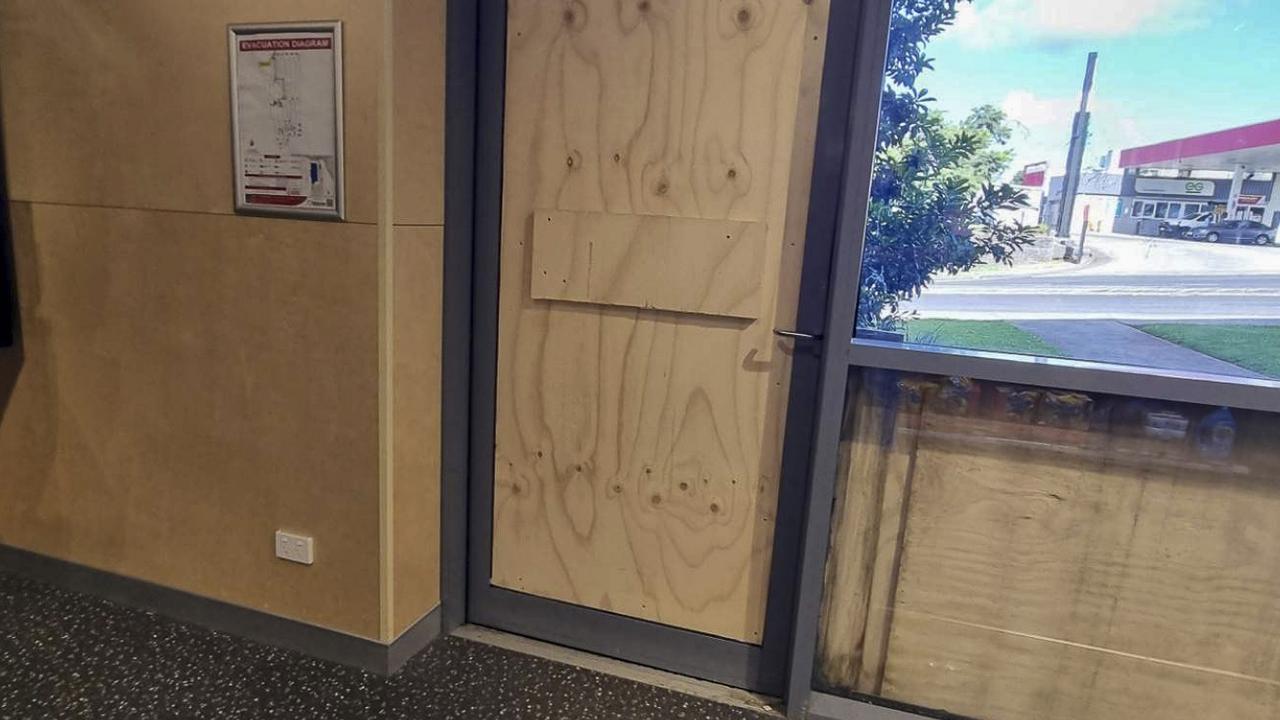Two more years of Dementia funding, but what then?
RELIEF washing over dementia carers in the Northern Rivers will be short-lived unless they are finally afforded the security they deserve.

Grafton
Don't miss out on the headlines from Grafton. Followed categories will be added to My News.
RELIEF washing over dementia carers in the Northern Rivers will be short-lived unless they are finally afforded the security they deserve.
Grassroots campaigning has led to the region's Dementia Outreach Service being guaranteed funding for another two years.
A Federal Health funding shake-up meant carers spent the last year wondering whether the service would still exist a few months down the track.
Funding was first due to end in June, and then extended to November because no replacement plans had been put in place.
Now the service has been promised enough funds to continue until mid-2017.
But what then?
Margaret Pickup cares for her mother who suffers from dementia. She was one of the key campaigners pushing for the government to recognise the program's worth.
Last year, she spoke of the anxiety carers felt as each funding cut-off date drew near.
"All these carers have health needs of their own which they tend to neglect because of the demands placed on them in their caring roles," she said.
"The one bright light for dementia carers has been the Dementia Outreach Service where carers receive both individual and group support from the staff."
Now, she says they have another war on their hands.
"While it is great that funding will continue until mid-2017, it is only the battle that has been won," she said.
"My goal is the continued funding of the service beyond that point."
The Commonwealth has shut down the Home and Community Care Program that funded the service and replaced it with the Commonwealth Home Support Program - incorporating a range of such services under a single banner.
The new funding arrangements will start on July 1.
Ms Pickup urged the money controllers to give carers the security they needed by continuing the funding without forcing the service into a bidding war with private providers.
"Some service providers will be invited to negotiate a non-competitive grant, others will have to go through a competitive tendering process," she said.
"The ideal situation is for the service to be part of the negotiated grant process."


